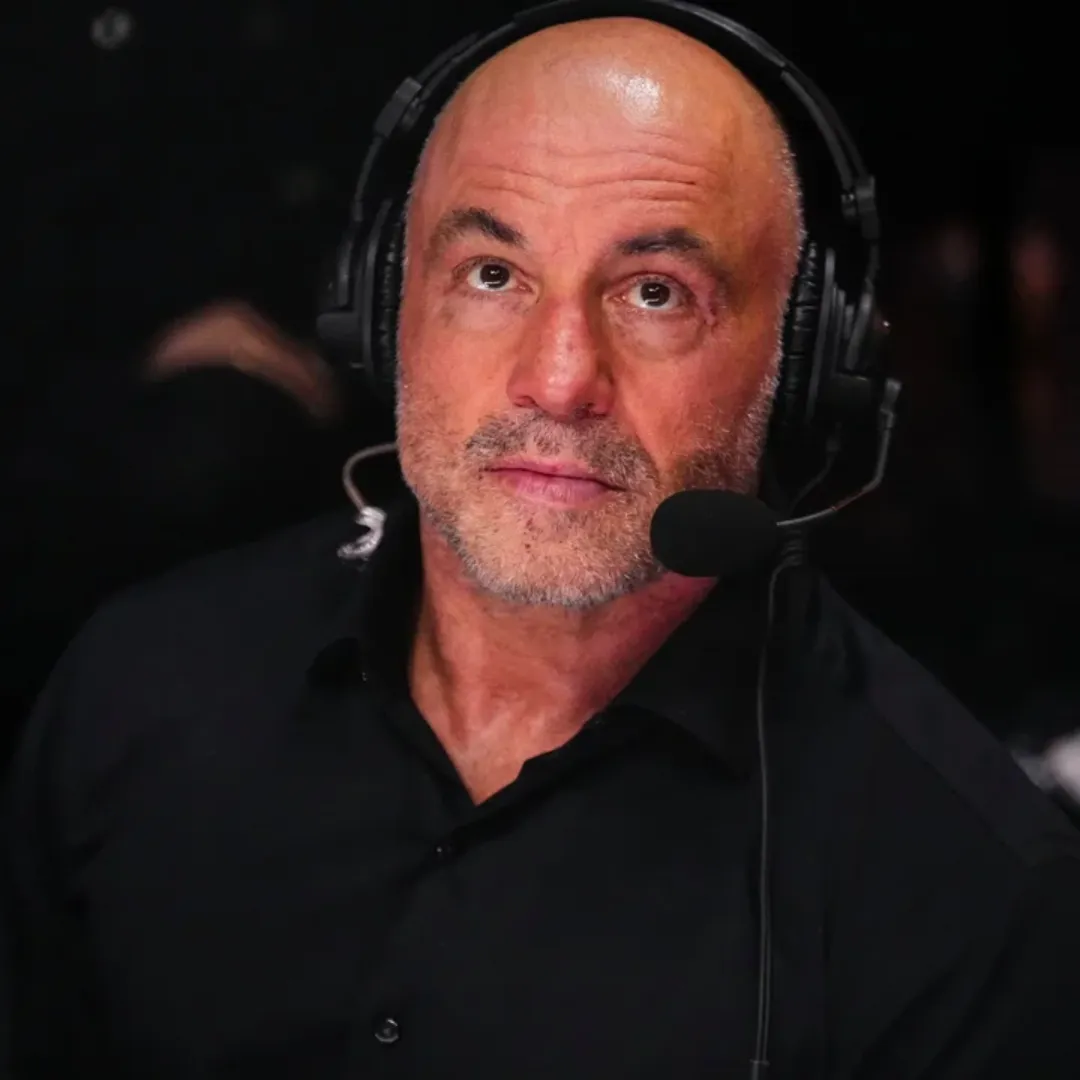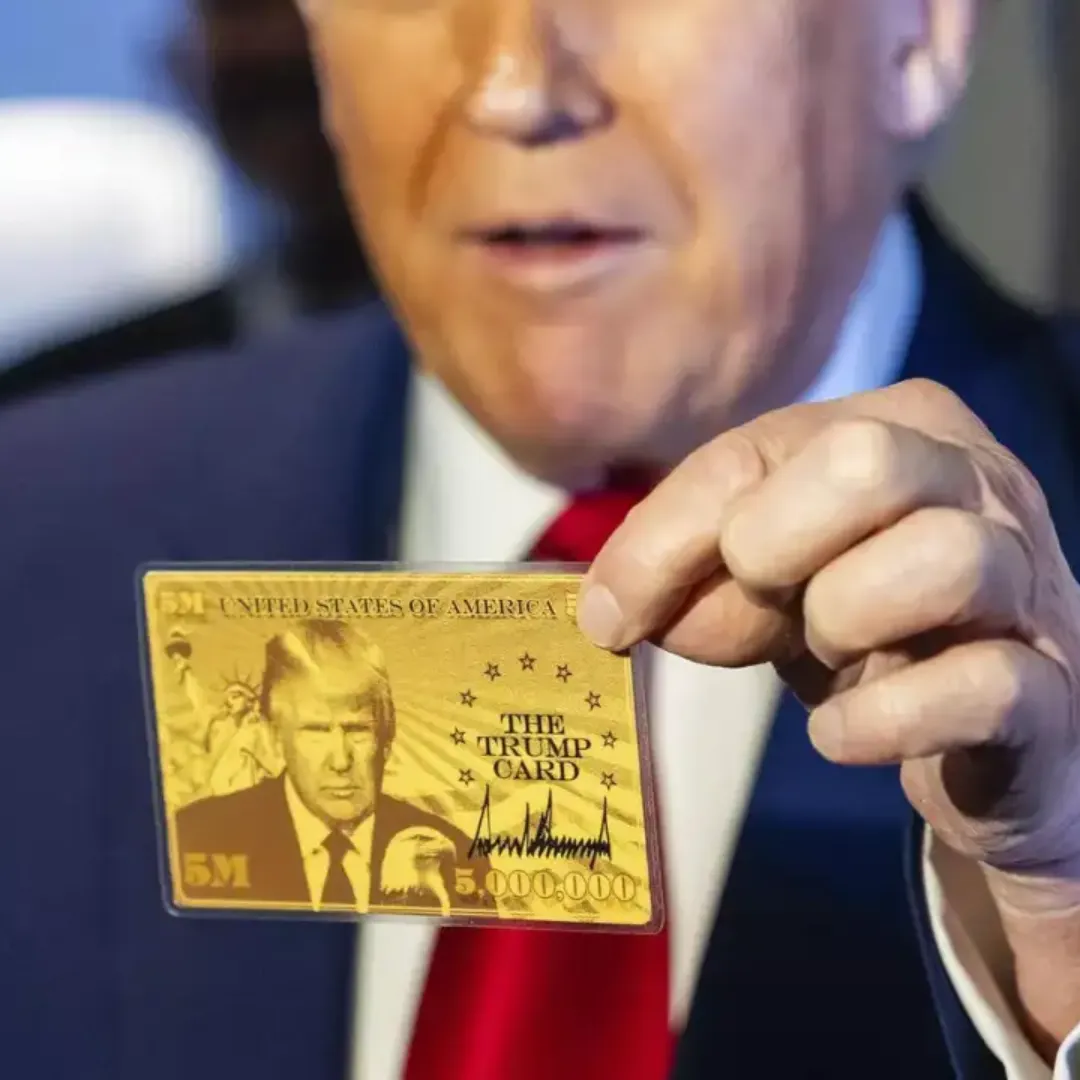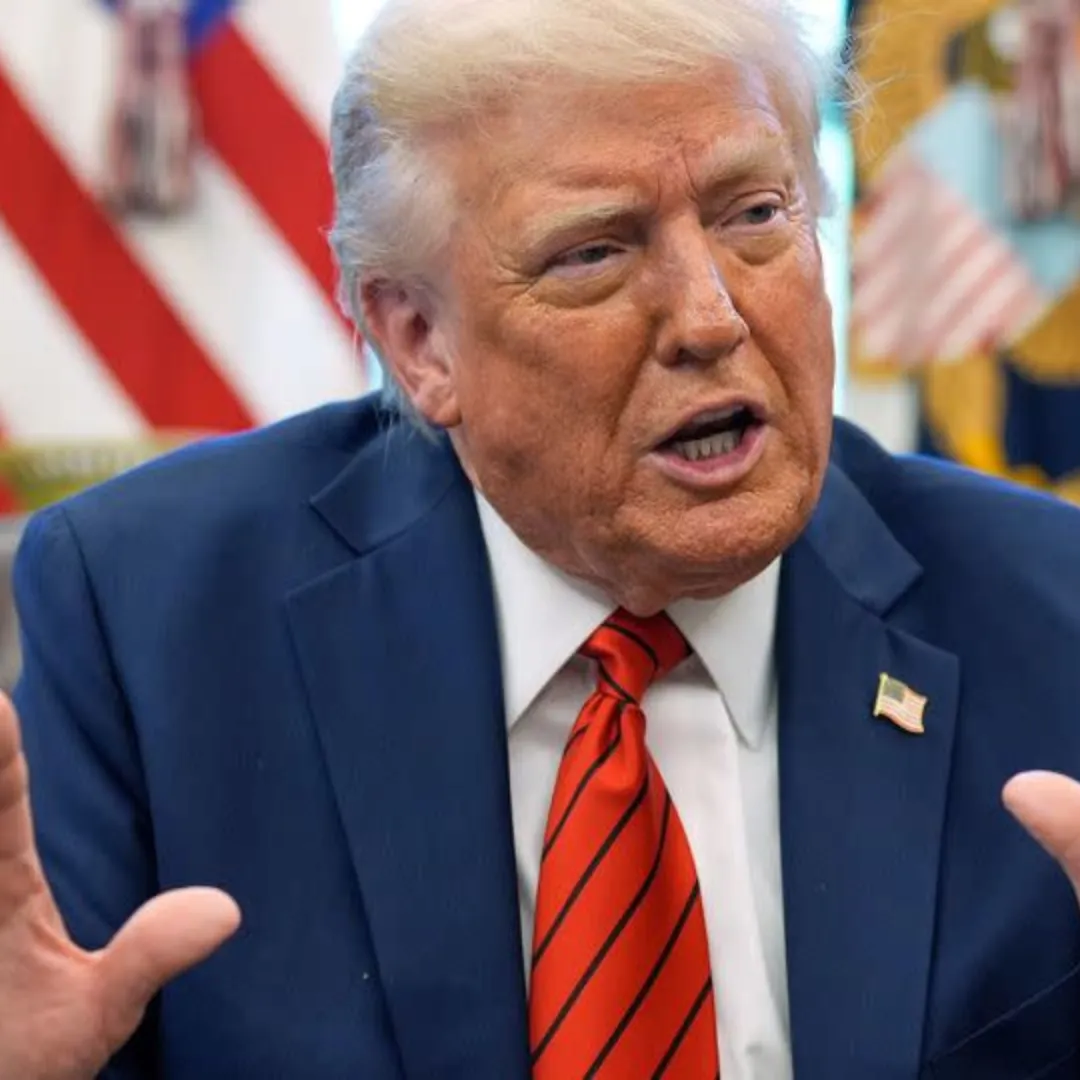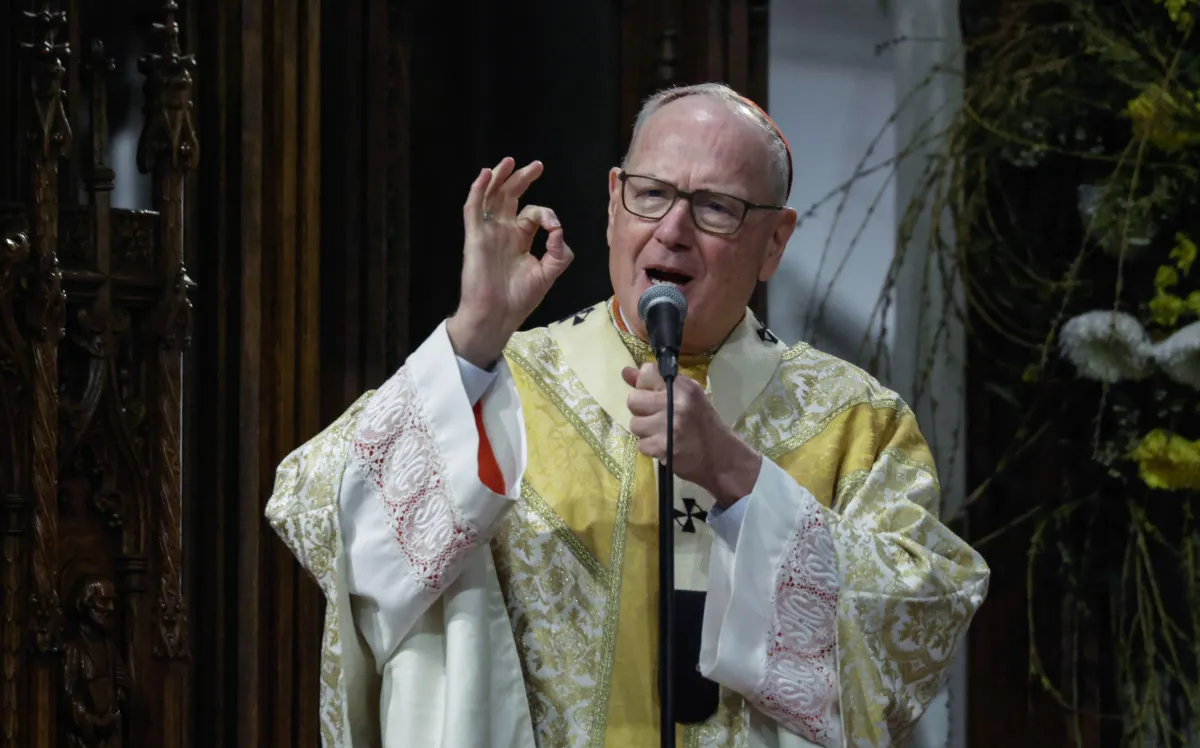In a historic and symbolic shift for the global Catholic Church, Cardinal Robert Prevost of Chicago ascended to the papacy on Thursday, becoming the first American to lead the institution in its two-millennia history.
Taking the name Pope Leo XIV, Prevost is already shaping his pontificate with an emphasis on unity, dialogue, and missionary outreach—yet his past engagement on social media reveals a more nuanced and occasionally critical voice, particularly in response to American political developments under the administration of former President Donald Trump.
A deep dive into his posts on X, formerly known as Twitter, reveals a pre-papal period marked by selective yet significant commentary on political and moral issues that defined a tumultuous era in American governance.
Long before assuming the white cassock, Prevost used his public platform to address not only theological concerns but also to subtly challenge what he viewed as moral inconsistencies in political leadership.
His approach, often indirect but undeniably intentional, positioned him as a voice of conscience within the hierarchy of the Catholic Church—someone unafraid to tread the fine line between religious doctrine and political ethics.
Among the most striking examples of his commentary was a February post where he shared an editorial disputing Vice President J.D. Vance’s interpretation of the Christian principle “ordo amoris”—the theological ranking of love according to divine order.
The article challenged what it described as a politicized and reductionist view of Christian priorities, arguing instead for a broader, more inclusive understanding of compassion, justice, and human dignity.
Prevost’s decision to amplify this editorial, while offering no commentary of his own, was widely interpreted as a subtle rebuke to Vance, a convert to Catholicism and an influential conservative voice in American politics.

This was not the first time the future pope signaled concern over the political rhetoric and actions coming from the highest levels of the U.S. government. In 2015, then-Bishop Prevost shared an article condemning what it labeled as Trump’s “dangerous anti-immigrant rhetoric.”
The piece criticized the former president's tendency to conflate national security with xenophobia, highlighting the potential damage such language could cause both socially and spiritually.
Prevost’s sharing of the article added moral weight to its arguments, suggesting that the Church’s teachings on hospitality, refuge, and the dignity of every person were at odds with the rising political narrative.
Over the years, Prevost also engaged with content opposing the death penalty, highlighting the sanctity of life from conception to natural death—a stance consistent with recent papal teachings but politically sensitive in countries like the U.S. where capital punishment remains legal.
He reposted statements decrying mass deportations, underscoring the trauma faced by families torn apart by immigration policies. After a series of mass shootings in the United States, Prevost shared messages condemning congressional inaction on gun control, aligning himself with a broader call for the protection of life in all its forms.
His use of social media, however, was never reckless. In a 2023 interview with the Vatican News Service, then-Cardinal Prevost explained his philosophy on digital communication.
"Social media can be an important tool to communicate the Gospel message, reaching millions of people," he said. But he also acknowledged the risks. “At the same time, the world today, which is constantly changing, presents situations where we really have to think several times before speaking or before writing a message on Twitter, in order to answer or even just to ask questions in a public form, in full view of everyone.”
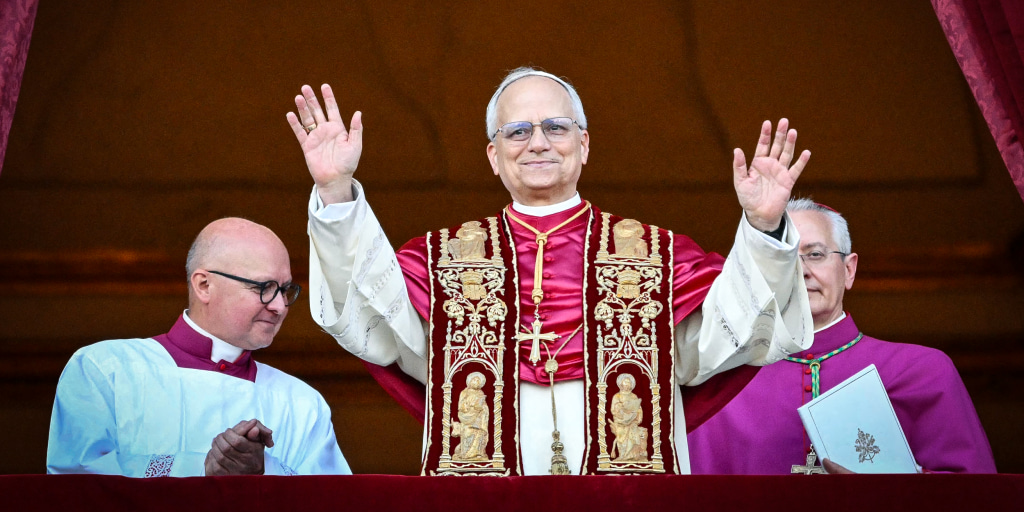
That caution was rooted in a pastoral concern for unity and charity—a hallmark of his ecclesiastical career. “Sometimes there is a risk of fueling divisions and controversy,” he added, emphasizing that religious leaders must avoid becoming sources of polarization, especially when engaging with issues that already inflame public passions. Instead, he promoted a model of communication grounded in discernment, charity, and bridge-building.
This philosophy was also evident in his first public address as Pope Leo XIV. Standing before thousands in St. Peter’s Square, he invoked the image of the Vatican’s great piazza as a symbol of open arms and radical hospitality.
“We have to seek together to be a missionary church,” he declared, “a church that builds bridges and dialogue, always ready to accept, like this great piazza, with its arms, we have to show our charity, presence and dialogue with love.”
The message was unmistakably inclusive, echoing the themes of his social media presence but now imbued with the full moral authority of the papacy.
Pope Leo’s ascendancy also carries geographical and symbolic weight. Though born and raised in Chicago, Prevost’s journey through the Church was international.
He spent decades serving in South America, particularly in Peru, where he developed deep ties to local communities and earned a reputation for compassionate leadership and cultural sensitivity.
His dual citizenship in the United States and Peru now carries new significance as he assumes a global role from the Vatican, potentially acting as a cultural bridge between the Global North and the Global South—regions often divided by different theological emphases and socio-political challenges.
The political ramifications of his papacy are already rippling through Washington. Former President Trump, now back in office, wasted no time weighing in on the elevation of the first American pope.

In a characteristically brief but enthusiastic post on X, Trump expressed his anticipation: “It will be a very meaningful moment!” The statement was seen as an overture to Pope Leo XIV, though analysts noted that the new pope’s prior online engagement may suggest a more cautious approach to any political alliances.
Vice President J.D. Vance, whose relationship with Prevost was previously defined by ideological contrast, also had a unique connection to the unfolding papal transition.
Vance, who converted to Catholicism in 2019, was among the last U.S. officials to meet with Pope Francis before his passing on April 21. The visit, originally scheduled as a diplomatic formality, took on unexpected emotional weight in retrospect.
Following Francis’s death, Vance described the encounter as “a great honor and a sign from God to remember that you never know when your last day on this Earth is.”
Observers note that the symbolism of that meeting, and the broader significance of having a fellow Catholic as vice president during the transition to an American pope, adds another layer of complexity to the Church’s evolving relationship with U.S. political leadership.
With issues such as immigration, capital punishment, gun violence, and climate change continuing to dominate public discourse, Pope Leo’s past and present statements will likely serve as moral signposts for a Church navigating a deeply polarized world.
But for now, Pope Leo XIV is focused on spiritual renewal and global unity. He inherits a Church still wrestling with the legacy of clerical abuse scandals, declining mass attendance in the Western world, and increasing pressure to adapt to modern sensibilities while preserving ancient doctrines.
In this context, his leadership style—rooted in listening, dialogue, and cautious but purposeful communication—may offer a fresh approach to the complexities of 21st-century Catholicism.

Those who have followed his career believe his pontificate may be defined by an emphasis on the peripheries: reaching out to the poor, marginalized, and culturally distant communities often neglected by centralized religious institutions.
His South American experience, combined with his North American roots, gives him a unique perspective on how to bridge these divides. His commitment to missionary outreach signals a renewed focus on evangelization, not just through words but through presence, service, and global solidarity.
Pope Leo XIV also inherits a digital Church—a community increasingly shaped by algorithms, social networks, and instantaneous communication. His experience navigating the volatile space of social media may serve him well as he seeks to shepherd a flock that lives, thinks, and prays both offline and online.
Whether issuing encyclicals, delivering homilies, or simply sharing reflections on X, he now has the platform—and the responsibility—to speak not just for Catholics but as a moral voice on the global stage.
As his first days in office unfold, the world will be watching to see how Pope Leo XIV balances tradition and innovation, diplomacy and prophecy, spiritual care and public engagement.
If his past is any indication, he will do so with grace, clarity, and an unwavering commitment to the Gospel values of justice, mercy, and love.

